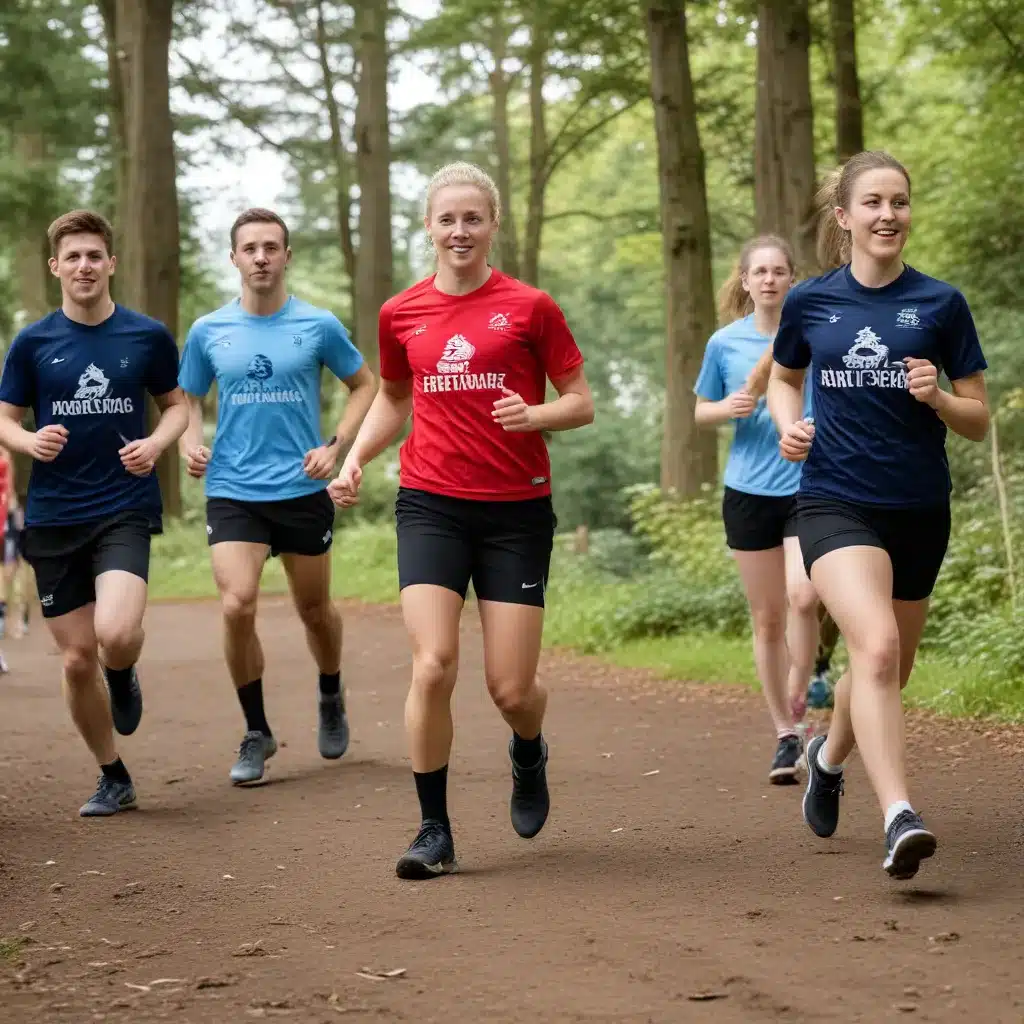
Unlocking the Power of Mental Toughness
As students, you are no strangers to the thrill and challenge of competition, whether it’s on the playing field, the court, or in the classroom. The drive to excel, to push your limits, and to come out on top is something that fuels many of us. But what separates the good from the great, the consistent performers from the ones who crumble under pressure? The answer lies in the power of mental toughness.
At Stanley Park High School, we recognize the vital role that sports psychology plays in cultivating a winning mindset. That’s why we’re excited to announce our series of Sports Psychology Workshops, designed to help our student-athletes develop the mental edge they need to succeed.
Mastering the Art of Self-Regulation
One of the key components of mental toughness is self-regulation – the ability to adapt our behaviors and responses to the demands of a given situation. As Jared Cohen, a renowned sports psychology coach, explains, “Self-awareness gives us insight, while self-regulation helps us take appropriate action.”
In the context of competitive sports, self-regulation is crucial. Think about the difference between how you approach a training session versus a big game. During practice, you may focus on honing your skills, experimenting with new techniques, and receiving detailed feedback from your coaches. But when the stakes are high, and you’re facing off against a formidable opponent, your approach needs to shift. You need to be able to draw on your instincts, make quick decisions, and manage your emotions under pressure.
The best athletes are adept at this kind of behavioral adaptation. They know when to be analytical and when to trust their intuition. They understand the importance of balancing fidelity to their natural tendencies with the demands of the situation at hand.
Unlocking the Power of Mental Toughness
Mental toughness, as described by psychologist Dr. Brian Little, is not a singular trait, but rather “multiple ways to be authentic with flexible strategies for engaging ourselves and the world.” This ability to self-regulate, to adapt our behaviors and responses, is at the heart of what it means to be mentally tough.
The Mental Toughness Questionnaire-10 (MTQ-10) is a powerful tool that can help our student-athletes gain insight into their own psychological resources. By exploring the four key components of mental toughness – Confidence, Control, Commitment, and Challenge – our student-athletes can better understand their strengths, identify areas for growth, and develop strategies to perform at their best, even in the face of intense pressure and adversity.
Cultivating a Positive Mindset
But mental toughness is not just about managing emotions and adapting behaviors. It’s also about cultivating a positive mindset – one that sees challenges as opportunities for growth and setbacks as temporary obstacles to overcome.
As Derek Jeter, the legendary New York Yankees shortstop, once said, “I always hear people say I give the same answers or I don’t give you much. No, I just don’t give you much negativity. When people are negative a lot, it starts to creep into your mind, and then you start having doubts, and I don’t like that. If there’s another way, show me. My job is to stay positive.”
This positive, solution-focused mindset is a hallmark of mentally tough athletes. They don’t dwell on what went wrong; instead, they quickly shift their focus to what they can do to improve, to learn, and to come back stronger.
Fostering Sportsmanship and Respect
But mental toughness is not just about individual performance; it’s also about how we carry ourselves, both on and off the field. As the Compliant and Principled Sportspersonship Scale (CAPSS) reveals, mentally tough athletes tend to have a greater respect for the rules, their opponents, and the overall integrity of the game.
This sportsmanship and respect for others is not just a matter of etiquette; it’s a reflection of a deeper understanding of the role that sport plays in our lives. As the article on the NCBI website notes, “Unsporting behavior is often used in CS competitions to gain an advantage over an opponent (e.g., provoking an opponent, ignoring the rules).” By cultivating a sense of respect and fair play, our student-athletes can not only perform at a higher level but also set an example for their peers and the wider community.
Strengthening the Mind, Elevating the Game
At Stanley Park High School, we believe that developing mental toughness is just as important as honing physical skills. That’s why we’re proud to offer our Sports Psychology Workshops, where our student-athletes will have the opportunity to:
- Explore the science of self-regulation and learn strategies for adapting their behaviors to the demands of competition.
- Assess their own mental toughness through the MTQ-10 and identify areas for growth.
- Cultivate a positive, solution-focused mindset that sees challenges as opportunities for improvement.
- Understand the importance of sportsmanship and respect, both for themselves and their opponents.
By investing in the mental well-being of our student-athletes, we’re not just helping them achieve athletic success – we’re also equipping them with the tools they need to thrive in all aspects of their lives. So if you’re ready to take your game to the next level, we invite you to join us at the Stanley Park High School Sports Psychology Workshops. Together, let’s unlock the power of a winning mindset and reach new heights of excellence.

